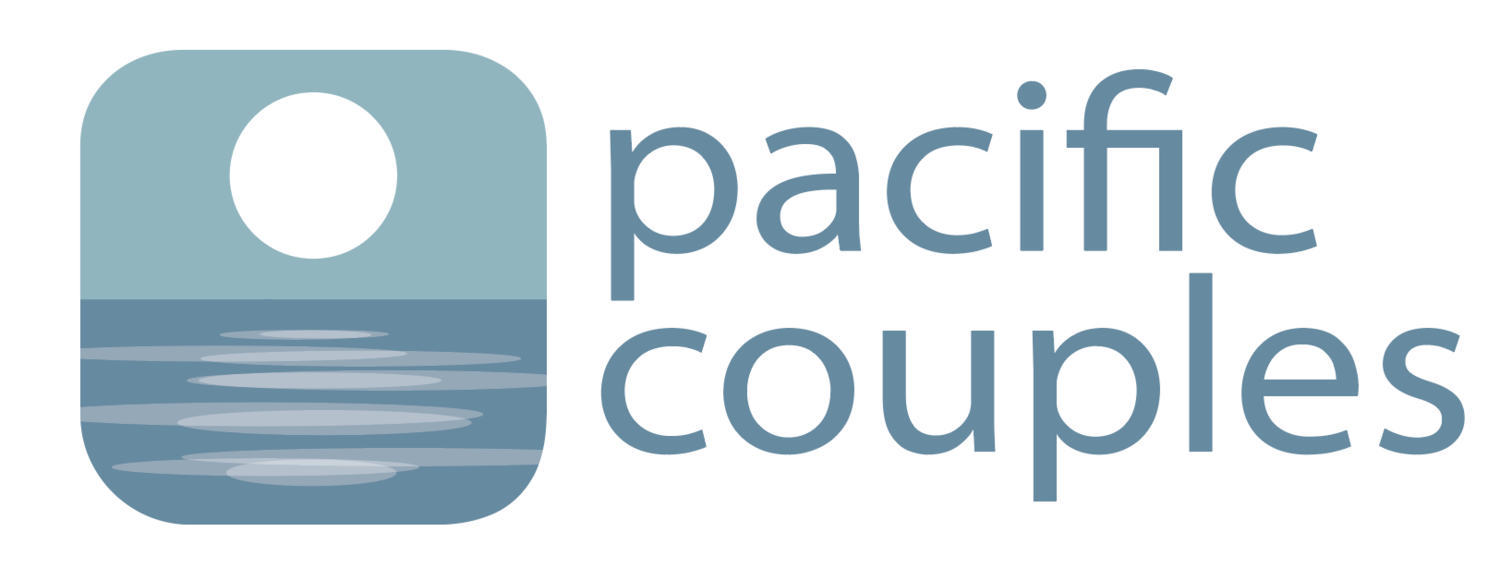Briefly Noted: If therapy were just talking, I wouldn’t do it.
I’ve seen a few pieces recently describing “talk therapy” as if it’s nothing more than talking. If that were true, our best therapists would be friends, bartenders, or hairdressers.
This view comes partly from a pervasive myth, even inside therapy training programs, that therapy is “all about the relationship.” The trouble is, that myth can create clinicians who mistake simply showing up for being effective. Worse, it trains the public to expect very little from their provider, settling for someone who just listens but never helps them change anything.
In reality, the therapeutic relationship accounts for only 7–9% of outcome variance (r = .25–.30). Significant, but hardly everything, leaving plenty of room for client factors and treatment effects.
This is why, for example, exposure-based CBT is the recommended first-line treatment for most anxiety disorders, because it produces durable gains even after treatment ends. Medications can also be first-line depending on severity and preference, but supportive therapy is not. And leaning on friends for symptom relief usually does very little, or even worsens anxiety when the friend reinforces the very avoidance behaviors that maintain the anxiety.
I routinely refer clients out when they just want to talk. Not because that can’t ever be valuable, but because I’m no good at it.
That puts you in my therapeutic friend zone. And I’m not going to charge for that.

